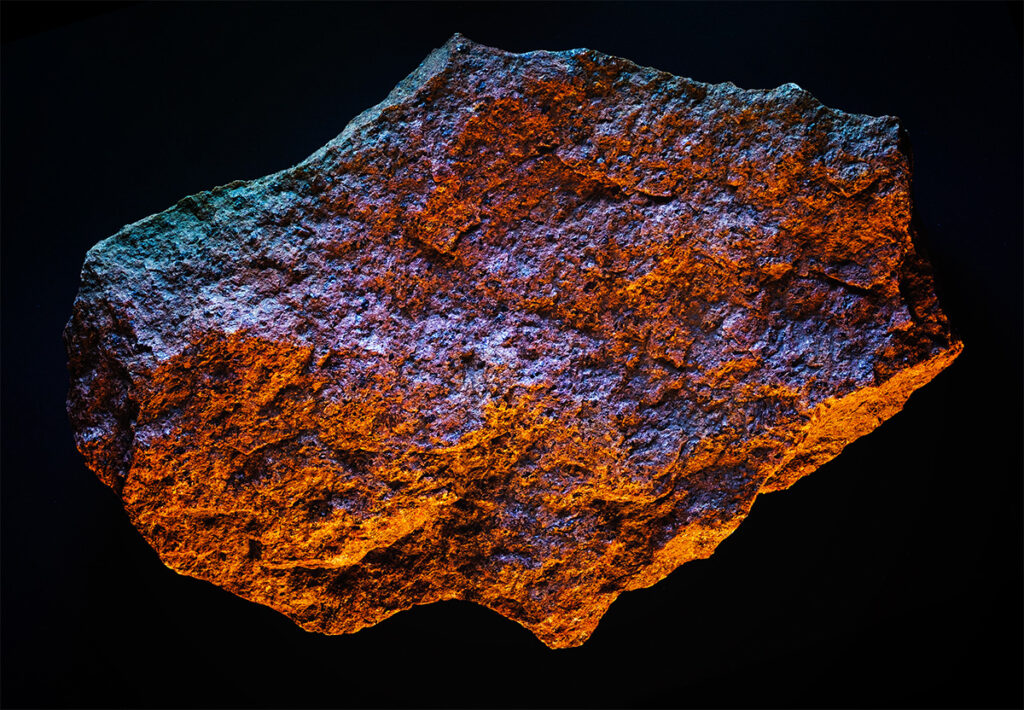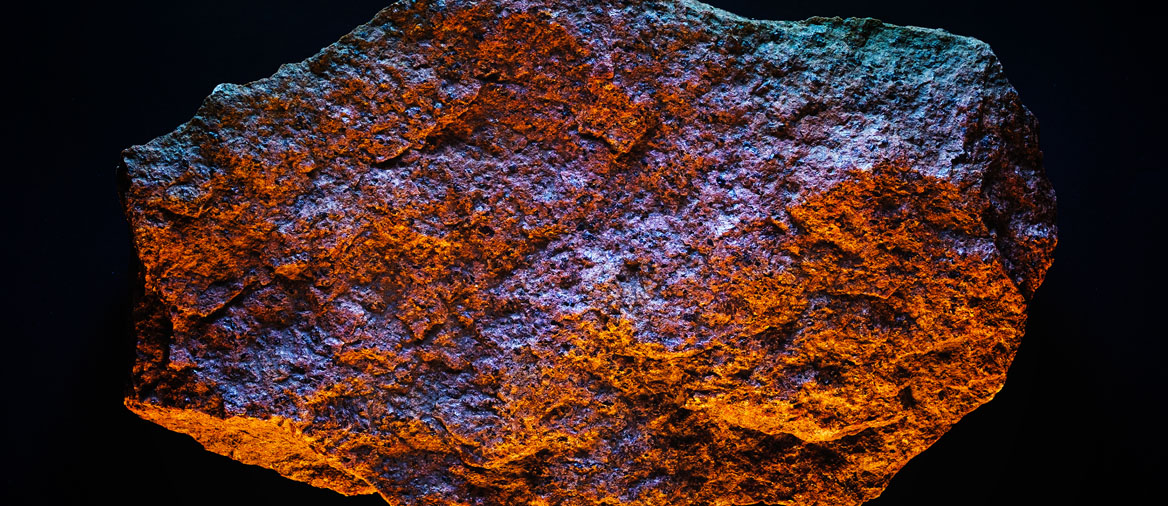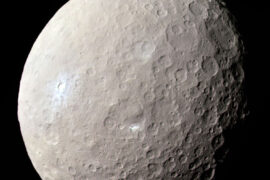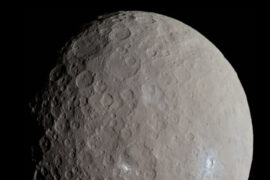Finding a meteorite is very exciting. You just found a rock that has been traveling through space probably since the early days of the Solar system 4.5 billion years ago and it just happened to land near your hometown or even in your property. How cool is that?
But after looking at it for a few minutes and appreciating its beauty, you stop and ask yourself. “Hey, this thing just came from space. Is it possible it could be radioactive?”.
In this article, we’ll take closer a look at the probability that a meteorite is radioactive and why.
Are meteorites radioactive?
The short answer is no. The odds of a meteorite emitting any sort of harmful radiation are close to zero. As a matter of fact, it is more likely for a random rock from Earth to be radioactive than a meteorite.
Here are some common misconceptions about radiation and meteorites that lead people to believe that these space rocks could be dangerous.
Stored radiation
Radiation can not be “stored” in an object. Any radiation that the meteorite was exposed to in space in the form of x-rays, gamma rays, etcetera. simply went through it. and continued its path.
When a meteorite enters Earth it does not contain or emit or let in any kind of cosmic radiation.

Radioactive materials on meteorites
Another common belief is that meteorites could contain some amount of radioactive materials that could emit their own radiation.
Here there is a small clarification that we need to make.
Pretty much every rock on Earth or space contains potentially radioactive materials. That is because because they all contain at least one of the common radioactive materials. These are Potassium (K), Thorium (Th), and Uranium (U).
Even if a rock contains high amounts of a radioactive element, the odds of it being dangerous are extremely low. Even higher concentration uranium isn’t particularly radioactive. Highly radioactive uranium has to be created by refining uranium ore into pure uranium metal. This isn’t a naturally occurring process and requires human intervention.
On top of that, the quantity of radioactive materials found on meteorites is extremely low. It is more likely for an Earth rock to contain a higher amount of uranium than a meteorite. This is because deposits of these materials have been created naturally over millions of years, but this process doesn’t occur on meteorites as they don’t have a changing environment like Earth where there is seismic activity, weather, ocean currents, and other ever-changing factors.
What is radioactivity anyway?
Radioactivity is the spontaneous emission of radiation from the nucleus of an unstable atom as it seeks a more stable configuration. At its core, radioactivity arises from the imbalance between the strong nuclear force, which binds protons and neutrons together, and other forces within the nucleus. As a result, certain atoms undergo radioactive decay, transforming into different elements and emitting various types of radiation in the process.
Numerous materials exhibit radioactive properties, with some of the most common being isotopes of elements like uranium, thorium, and radium. These elements have inherently unstable nuclei, leading to the continuous emission of alpha particles, beta particles, or gamma rays. These radioactive materials are everywhere in nature and can be found in soil, rocks, and even trace amounts in the human body.
While some radioactive materials occur naturally, others are produced artificially through processes like nuclear fission in reactors or particle accelerators, serving various purposes in medicine, industry, and research.
Conclusion
If you have been lucky enough to find a meteorite, it is not dangerous to handle it. Meteorites are not radioactive.
However, I would still recommend to use gloves or pincers. Not to protect yourself from the meteorite, but the other way around. Be careful when handling a meteorite piece because your hands might have oils and bacteria that could contaminate the sample in case it is interesting enough to study.
By the way, if you are wondering if it is okay for you to keep that meteorite, the answer is it depends on where you live and where you found it. Check out this post about the legality of owning, and buying meteorites.
Summary
- Meteorites are very, very unlikely to be radioactive. You are completely safe being around one.
- Radioactive materials generally require to be processed by humans to get to the point where they emit dangerous levels of radiation.
- It is more likely for an Earth rock to be slightly radioactive than a meteorite.







